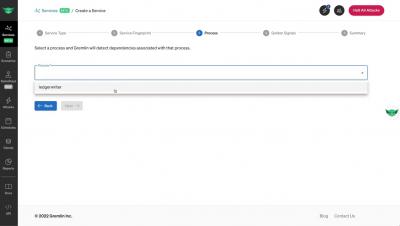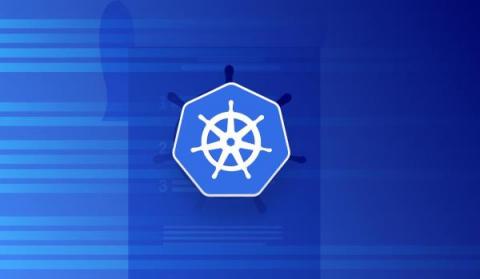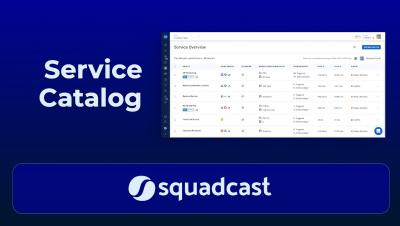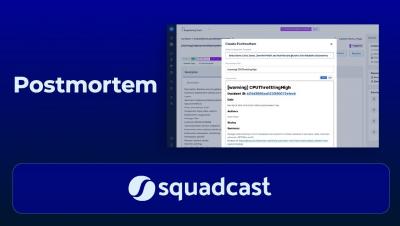Operations | Monitoring | ITSM | DevOps | Cloud
SRE
The latest News and Information on Service Reliability Engineering and related technologies.
Introduction to Gremlin Reliability Management (RM)
Software Metrics Every SRE Team Should Measure
Round Robin Escalation: An Efficient Way to Distribute On-Call Responsibilities
The SRE's Quick Guide to Kubectl Logs
Logs are key to monitoring the performance of your applications. Kubernetes offers a command line tool for interacting with the control plane of a Kubernetes cluster called Kubectl. This tool allows debugging, monitoring, and, most importantly, logging capabilities. There are many great tools for SREs. However, Kubernetes supports Site Reliability Engineering principles through its capacity to standardize the definition, architecture, and orchestration of containerized applications.
SRE vs. DevOps: Differences and Similarities
Healthchecks + Squadcast Integration: Routing Alerts Made Easy
Introduction to Service Catalog | Service Ownership | Service Classification Squadcast
What are Runbooks? And why are they needed?
Imagine being an Ops engineer in a team just struck by tragedy. Alarms start ringing, and incident response is in full force. It may sound like the situation is in control. WRONG! There's panic everywhere. The on-call team is scrambling for the heavenly door to redemption. But, the only thing that doesn't stop - Stakeholder Inquiries. This situation is bad. But it could be worse. Now imagine being a less-experienced Ops engineer in a relatively small on-call team struck by tragedy. If you don't have sufficient guidance, let alone moral support- you're toast.











